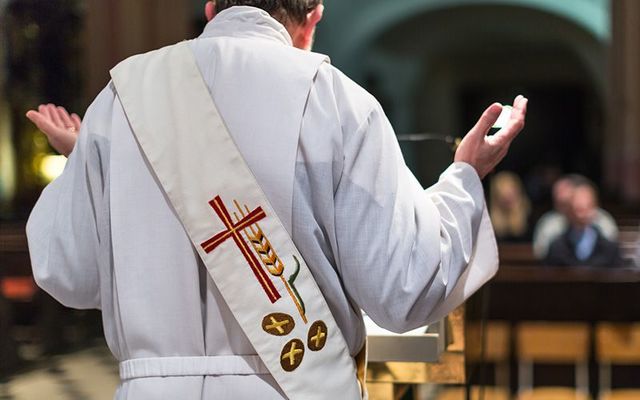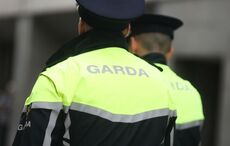An indigenous nation in Canada has found 751 unmarked graves at a former Catholic residential school in Saskatchewan, just weeks after the remains of 215 children were uncovered at a similar Catholic school in British Columbia.
The Cowessess First Nation said that the discovery at the Marieval Indian Residential School in Saskatchewan was the "most significant" to date in Canada.
Cowessess Chief Cadmus Delorme said that the discovery was not a mass gravesite.
"This is not a mass gravesite. These are unmarked graves," Delorme told reporters.
The residential school was operated by the Catholic Church between 1899 and 1997, but it is not yet clear whether all of the remains are linked to the school.
Delorme additionally said that there are oral stories of adults being buried at the site.
Delorme also told reporters that some of the graves belong to non-indigenous people who could have been buried by the Catholic Church.
He said that headstones that marked the graves were removed by the church and that the Cowessess First Nation is treating the incident as a crime.
"We didn't remove the headstones. Removing headstones is a crime in this country. We are treating this like a crime scene," he told Reuters.
Canadian Prime Minister Justin Trudeau said that he was "terribly sorry" by the discovery at the former residential school in Saskatchewan. He said that the "hurt and trauma" felt by indigenous people was "Canada's responsibility to bear".
The Marieval Indian Residential School was one of 130 compulsory religious boarding schools that were operated by religious institutions in Canada between 1831 and 1998. A total of 150,000 indigenous children were taken from their families and placed in these schools, with many suffering mistreatment and abuse.
The children were often not allowed to speak their own language or practice their own culture and an estimated 6,000 children died while attending the schools, largely because of the squalid health conditions inside.
Facilities were often poorly built, poorly heated, and unsanitized, while a significant number of students suffered physical and sexual abuse at the hands of the authorities who ran the schools.
The Canadian Government apologized in 2008 for its role in the residential school system after a commission of investigation found that a large number of children never returned to their communities after attending the schools. The commission's report delivered a scathing assessment of the residential school system, stating that it amounted to cultural genocide.
The Catholic Church ran approximately 70% of the residential schools designated for indigenous children but has yet to apologize for its involvement. All other major religious institutions have apologized to indigenous communities.
Pope Francis said in early June that he was pained by the recent discovery of 215 bodies at the Kamloops Indian Residential School but stopped short of issuing an apology.
Read more
The Kamloops discovery refocused attention on the residential school system, prompting public indignation at the lack of accountability and information surrounding the system.
On June 2, shortly after the discovery at Kamloops, the Cowessess First Nation began a ground-penetrating radar search in Saskatchewan, which revealed 751 "hits" as of Wednesday, June 23.
The radar technology has a 10% margin of error, meaning that at least 600 unmarked graves are located at the site.
Indigenous leaders expect to uncover similar findings at other former residential school buildings throughout Canada as the search for gravesites continues. The Canadian Government is helping to fund the search for unmarked graves.
Meanwhile, cities in New Brunswick, British Columbia, and Saskatchewan have canceled upcoming Canada Day celebrations on July 1 in protest over the residential school system.
The statues of influential historical figures involved in the system, including Canada's first Prime Minister John A Macdonald, have also been vandalized or removed in recent weeks.




Comments